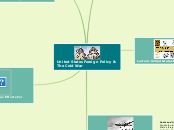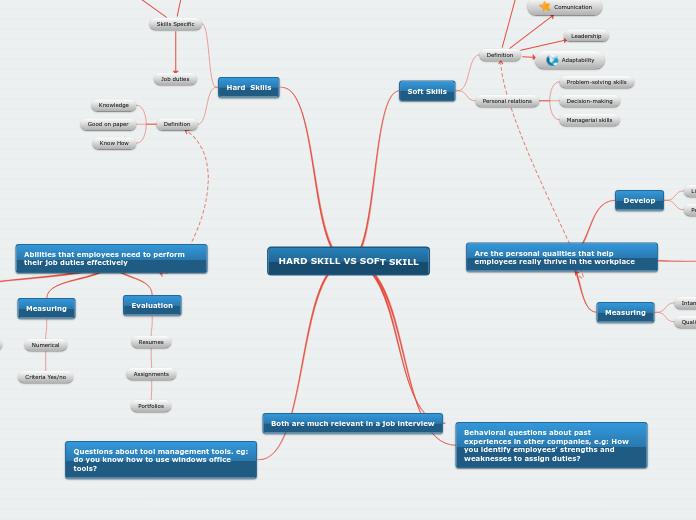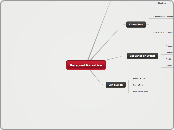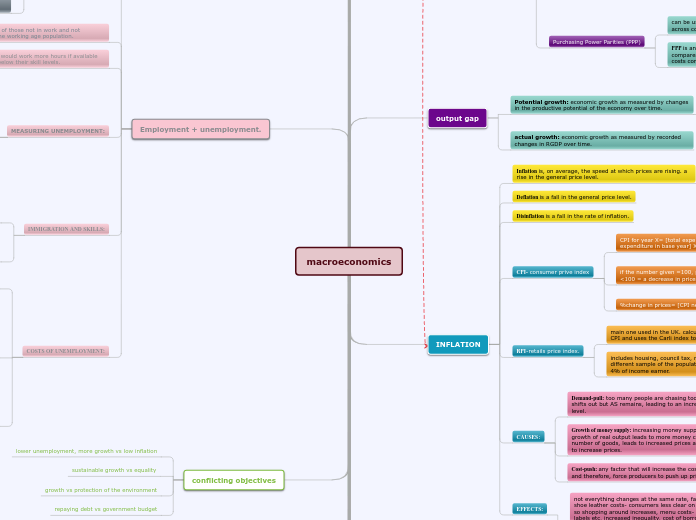arabera John Phan 9 years ago
897
United States Foreign Policy & The Cold War
The lesson plan centers around the Vietnam War and the United States' foreign policy decisions during that era. Students are expected to demonstrate a comprehensive understanding of the events that transpired during the Vietnam War, critically analyze the influence of U.









